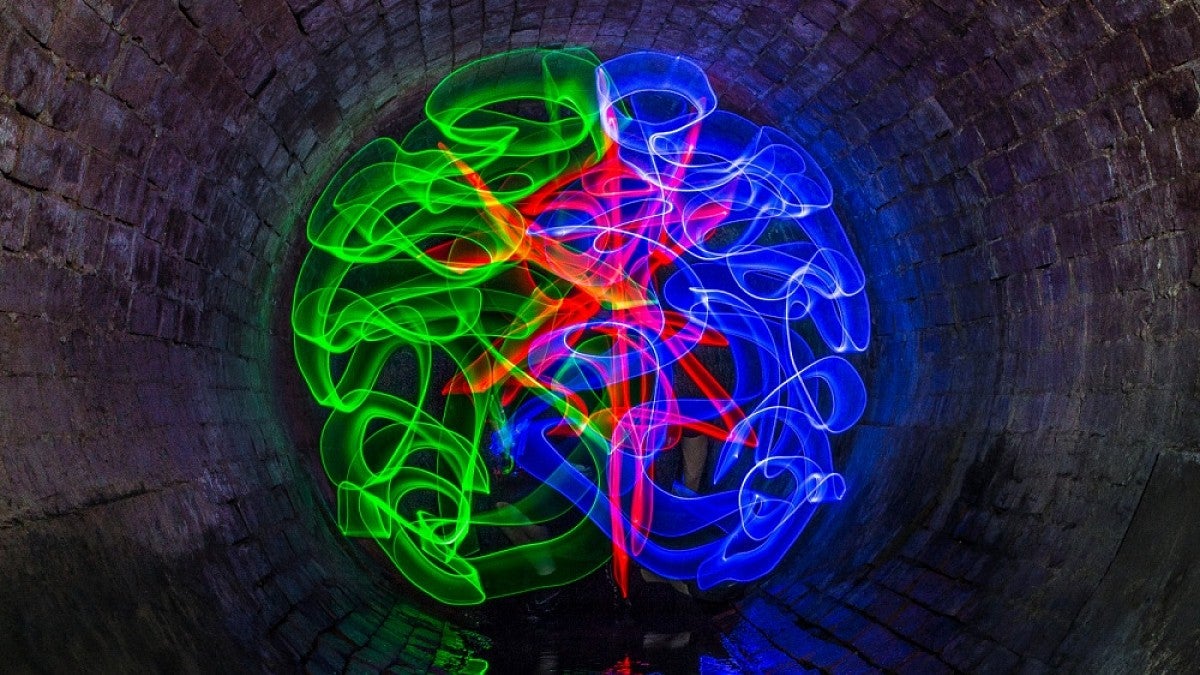Scientific discovery is a cornerstone of the University of Oregon mission, and its various forms take center stage in the latest Oregon Quarterly, available now.
The issue features one of the university’s stellar young scholars: Nicole Wales of Coos Bay, who overcame staggering childhood challenges on her way to uncommon achievement in chemistry, physics and mathematics. As a Ronald E. McNair Scholar who studies the physics of glass, she’s part of a program preparing her for graduate school through demanding research projects, but her personal story is no less inspiring than her academic success.
Readers are also offered a glimpse into the future. In the coming decades, neuroscience will offer lasting improvements in human health, the economy and society, and the UO, which has a rich history in neuroscience and unbridled momentum today, will help lead the way.
From the founding of the Institute of Neuroscience in 1979 to an exciting new undergraduate neuroscience major to key questions being explored by researchers, UO scientists and students are examining the link between neural circuits and behavior, the pathways of reward, addiction, and memory, and even the potential for computational approaches to unlock insights into how the brain operates.
You’re also invited to explore a new campus partnership between science and comics in a splashy, cartoon-rich feature. Under this interdisciplinary research program, students and scientists come together to produce graphic narratives illustrating and explaining faculty members’ research.
Also featured in the spring OQ: Kara Clevinger, assistant department head in English and winner of a remote-teaching award; Adrian Parr, new dean of the College of Design; Anne Helen Petersen, who graduated from the UO in 2007 with a master’s in English and whose viral article on millennial burnout was an internet sensation; and Namratha Somayajula, a Clark Honors College graduate in international studies who now writes on topics such as air pollution, water access and consumer protections for Human Rights Watch.
And don’t miss the Duck Tale: journalism students explored a fascinating incident from the Cold War era and turned their investigation into Classroom 15, a compelling book that explores timely and timeless issues of borders, propaganda and governmental overreach.


